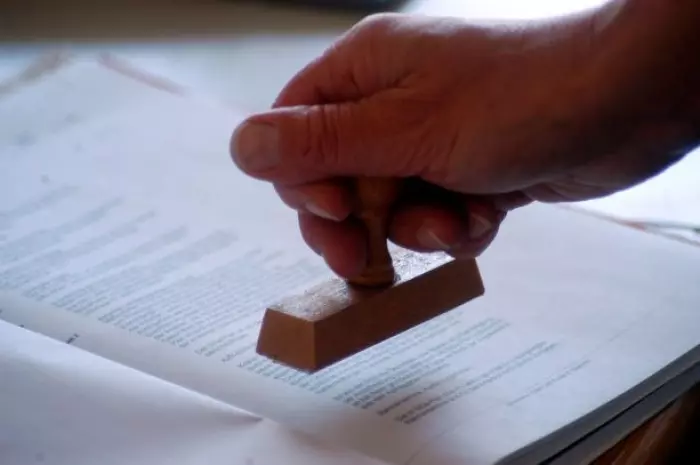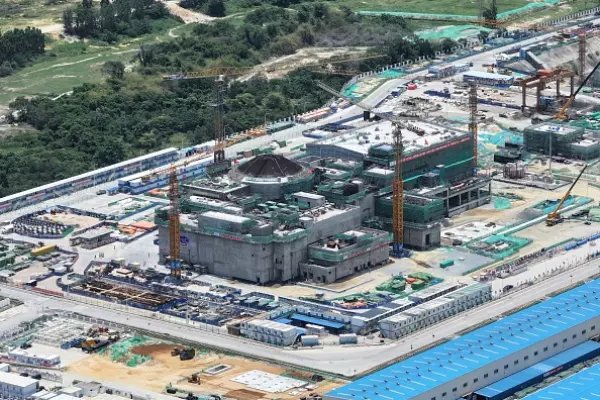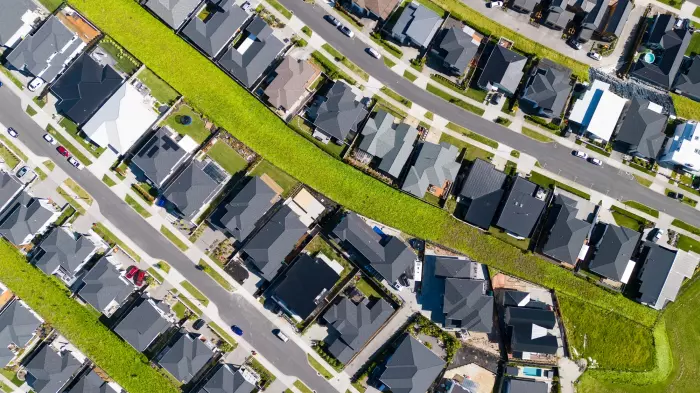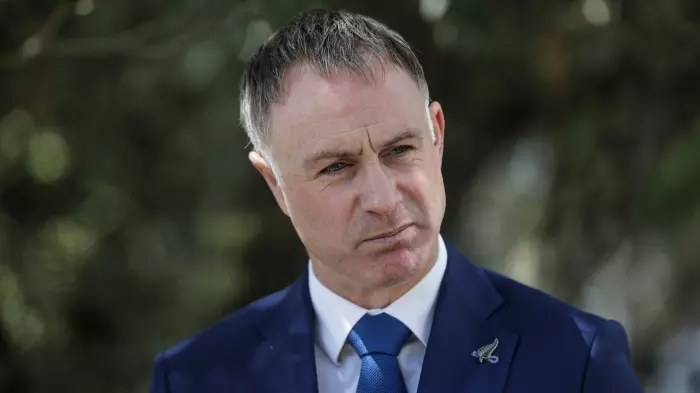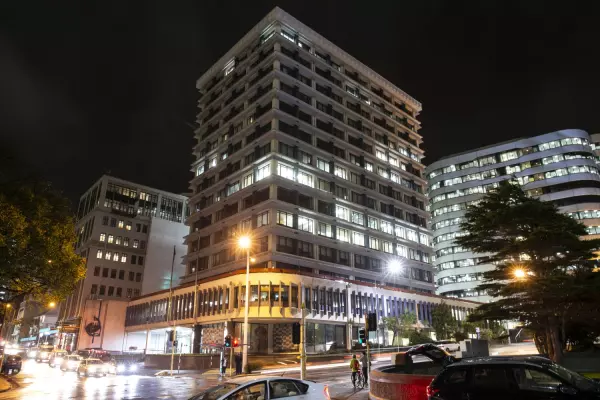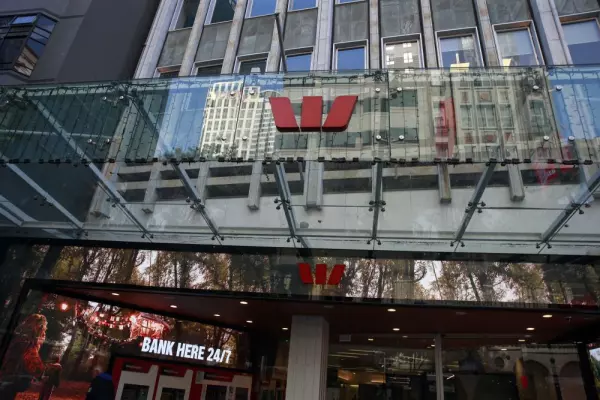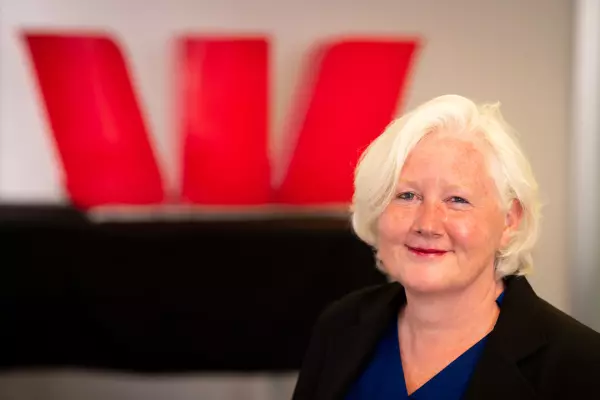Public servants earning more than $100,000 a year will be subject to a three-year pay freeze while the government grapples with the debt racked up in response to the covid-19 pandemic.
The finance and public service ministers, Grant Robertson and Chris Hipkins, announced the guidance to public sector chief executives this morning, extending the one year freeze imposed last year and stressing a desire to see any wage rises go primarily to lower-paid civil servants.
“Pay restraint will need to continue to be exercised across the public service for the next three years,” the ministers said in a statement.
There would be “no pay increases for those earning over $100,000 and senior leaders within the public service”.
Any increases will be targeted to lower-paid public servants, largely those earning below $60,000, who account for about 25% of the public sector.
BusinessDesk reported earlier this week that public servants' pay rises outstripped the private sector in the year to June 2020.
No blanket pay increases
“Universal across the board pay increases are not consistent with this guidance,” says the official guidance from Te Kawa Mataaho/the Public Service Commission (PSC).
Ongoing work to close gender and ethnic pay gaps will, however, continue.
Members of Parliament are also currently subject to a three-year pay freeze.
The Public Service Association (PSA) immediately called the move a "betrayal".
It said it represents almost 80,000 workers, "many of whom wonder why the government would punish them after a year of sacrifice, hard work and success protecting New Zealanders from covid-19".
"In our hospitals, in testing labs and on our borders, PSA members did the hard work required to push covid-19 out of this country. It is unacceptable that after twelve months of pay restriction these workers are told to swallow it for another two years," PSA national secretary Kerry Davies said.
The announcement comes a fortnight ahead of Robertson’s fourth annual budget, and “reflects the ongoing covid-19 response and recovery environment and the government’s fiscal strategy”.
Robertson announced yesterday that a sweep through departmental budgets had uncovered some $926 million of unspent covid recovery funding.
He reiterated the government’s intention to start reducing Crown debt after increasing it substantially in response to the pandemic, and warned that the cost of some previously announced major infrastructure projects faced “significant cost escalations”.
Exceptions to the rule
The PSC guidance suggests there may be times when a larger increase to a public servant’s pay may be permissible, including “addressing recruitment and retention issues demonstrable impacting frontline service delivery”, although such initiatives should be “limited in scale”.
“Current processes for pay adjustments resulting from promotion to higher-paid roles or significant changes in job size should be maintained,” the guidance says.
However, even for public servants earning under $100,000, “there are to be no increases to (salary) bands”, and pay rises will only allow “modest progression within a band” or be permitted when there is “demonstrable recruitment pressures that cannot be addressed solely through modest progression increases”.
Any proposed increase, which must be agreed with the commission, would also need to be “comparatively less than for low paid staff (less than $60,000).
In “exceptional circumstances”, increases may be possible for public servants paid more than $100,000.


